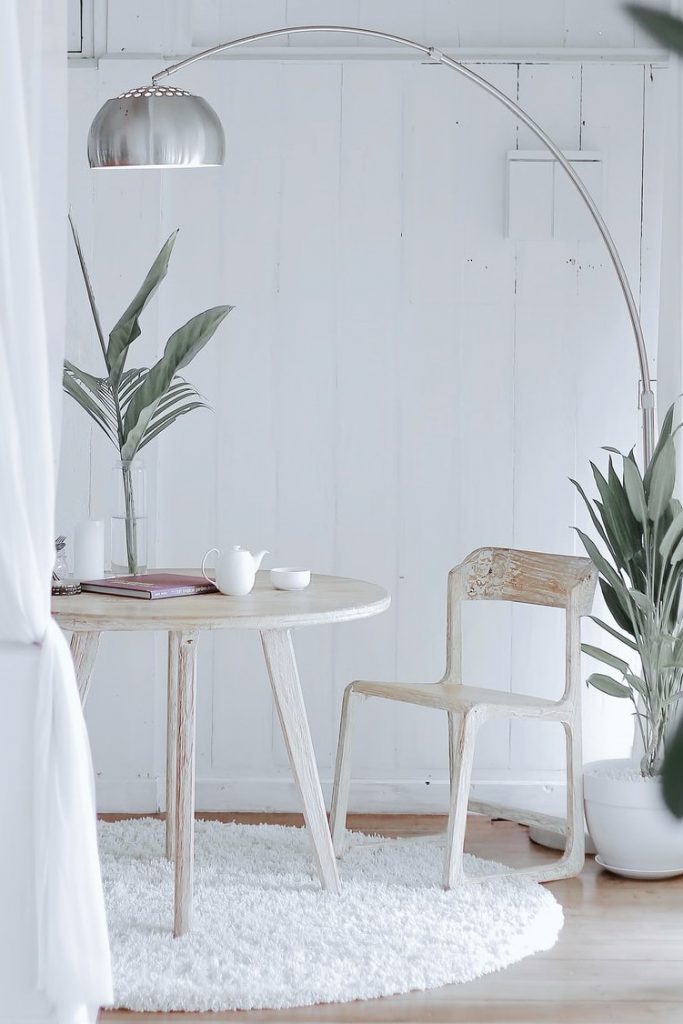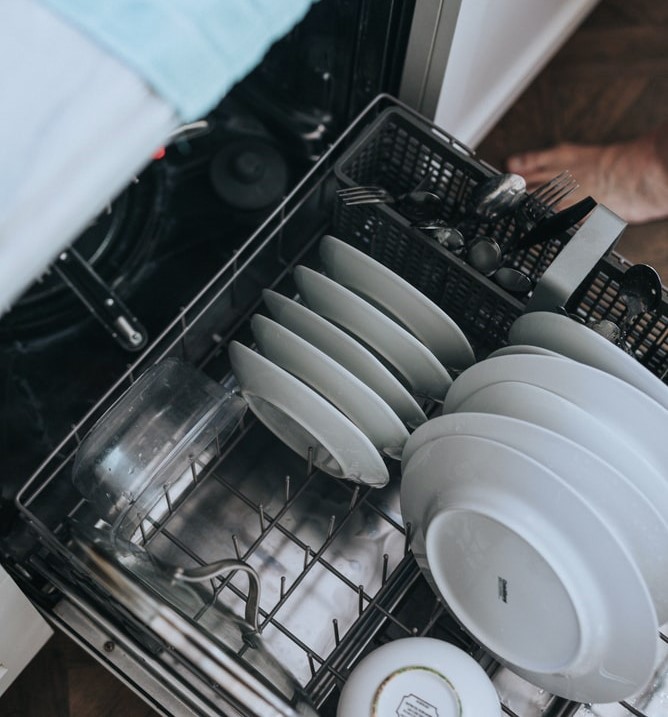Relationships are rewarding, but they can also be complicated and tiring. After all, every partnership has its own intricacies, whether because it’s long-distance, child-free, polyamorous, or due to some other reason. Even the most “vanilla” relationship has its own set of challenges that can arise from factors like differences between partners. If this isn’t challenging enough, the ongoing pandemic has put additional strain on many relationships; in the past year, I have had more couples and individuals coming forward for sessions due to relationship breakdowns, precipitated by issues caused by COVID-19. One major reason is the increased time both partners are spending together in the house due to work from home arrangements. As a psychologist, I do not prescribe any one-size-fits-all set of rules to follow in order to have a healthy relationship. There are, however, things that you can consider doing in this period to build a more resilient relationship.
Give each other personal space and alone time
When a couple ends up both working from home, the change that is most immediately felt is how much time they suddenly spend together. Giving each other personal space – and alone time – becomes critical to maintaining a resilient relationship.
If an argument breaks out between you and your partner, do you each have a designated space in the house to retreat to and to cool off? Do you have a place at home to escape for some quiet away from your partner and/or the kids? Space designation in the house can be very helpful in helping maintain a sense of privacy and boundaries despite being confined together. Not everyone has the luxury of space to have a room each for privacy, of course, but you could claim a corner of the living room that’s been sectioned off with a potted plant or a large rug, and it will work equally well. By putting just a little effort into redecorating, you can easily partition parts of a single room into “his” and “her” corners. What’s more, this can be applied to households with multiple family members too! Space aside, it’s helpful to have a conversation with your partner/family members about “time bubbles”. You could, for instance, tell your partner/family, “Please do not disturb me between 3pm to 5pm today because I would like to rest.” To make this work, be sure to plan ahead and let your spouse/family members know in advance, so that they know to respect your time to yourself.

Spend quality time together
It’s often overlooked, but not all time spent together in close proximity is quality time. Just because a couple is working together in a room for the better part of a day, for example, doesn’t mean that they have had quality time with each other. Thus, intentionally setting time aside is important to maintaining a resilient relationship. Have “date nights” – even within the confines of the house – to focus on spending quality time together. This helps to preserve the romance in the relationship, and is especially important if the couple has children.
And no, date nights aren’t just ordinary nights, so make them extra special however you like, whether it’s ordering in from your favourite restaurant or having a bottle of good wine. Novelty is helpful too – you could try out a new dessert, or change things around by having a cuisine you don’t normally order (just like you would, had lockdown/social distancing measures not be in place).

Be better “housemates” for each other
When everyone’s spending far more time in close proximity, friction is inevitable. This, however, can be mitigated in many ways. One common suggestion I have for clients is to draw up a list of responsibilities each member of the family is responsible for, and a list of “rules” to abide by. It isn’t meant to be a laundry list, but rather a set of ground rules that everyone in the house agrees with is important. This “contract” will help to ensure accountability for everyone involved in taking care of “common spaces” in the house, as well as encouraging mindfulness and consideration for one another. In turn, this builds a more resilient relationship by reducing a potential major source of friction.


